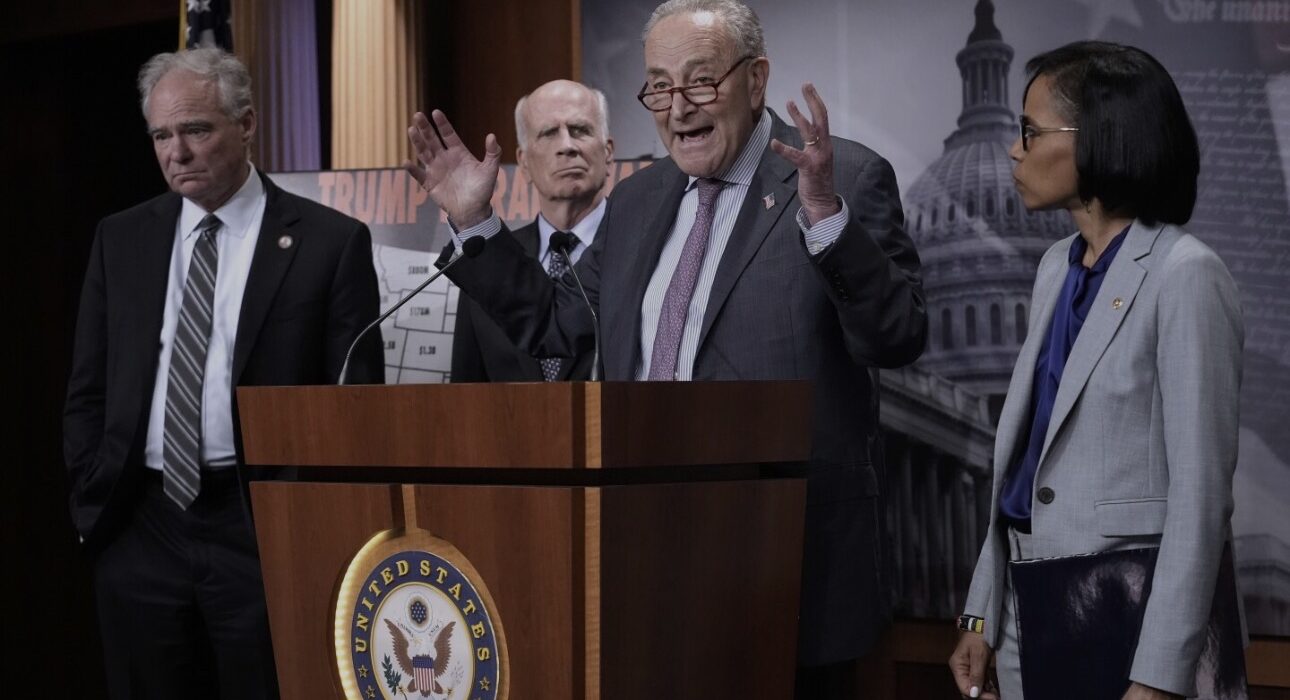U.S. Senate Moves to Check Trump’s Tariffs on Canadian Goods as Republican Dissent Rises

The United States Senate has voted to overturn tariffs imposed on Canadian imports, in what analysts describe as a growing sign of unease within the Republican Party over former President Donald Trump’s trade strategy.
The resolution, which passed by a narrow margin of 50 votes to 46, seeks to end the national emergency declaration that served as the legal basis for Trump’s tariffs on goods from Canada.
The measure received full support from Senate Democrats, while four Republican lawmakers — Susan Collins, Lisa Murkowski, Mitch McConnell, and Rand Paul — broke ranks to back the motion.
The tariffs were introduced under Trump’s renewed claim of a “national emergency” over issues such as cross-border fentanyl trafficking.
However, critics argue that the emergency powers were misused to justify broad trade restrictions against a close U.S. ally.
Senator Tim Kaine, who sponsored the resolution, said the vote marked a stand for congressional oversight.
“It will become untenable for lawmakers to keep closing their eyes and say they support whatever the president wants,” he remarked.
Senate Minority Leader Mitch McConnell, one of the few Republicans to support the measure, emphasized that trade wars with allies harm American businesses and workers.
“Tariffs are bad policy,” he said, stressing that such economic barriers raise prices for consumers and disrupt long-standing trade partnerships.
The vote represents a symbolic but significant rebuke of Trump’s protectionist trade policies.
Although the resolution’s passage in the Republican-controlled House of Representatives remains uncertain — and even if it passes, Trump could veto it — the Senate’s decision highlights growing concern over the economic costs of his tariff approach.
Economists and industry leaders have long warned that the tariffs on Canada could hurt U.S. manufacturing, agriculture, and energy sectors, all of which rely heavily on cross-border trade.
Canadian officials, while cautious in their public response, are reportedly monitoring the political developments closely, given the deep integration between the two economies.
If upheld, the resolution could reshape the debate over how much authority a president should wield in setting trade policy under emergency declarations. More broadly, it underscores shifting dynamics within the Republican Party — as some lawmakers begin to distance themselves from Trump’s more aggressive economic nationalism.
For now, the tariffs remain in place, but the Senate vote sends a clear message: bipartisan frustration with trade restrictions targeting America’s allies is growing, and future administrations may face tighter scrutiny when invoking emergency powers for economic purposes.









